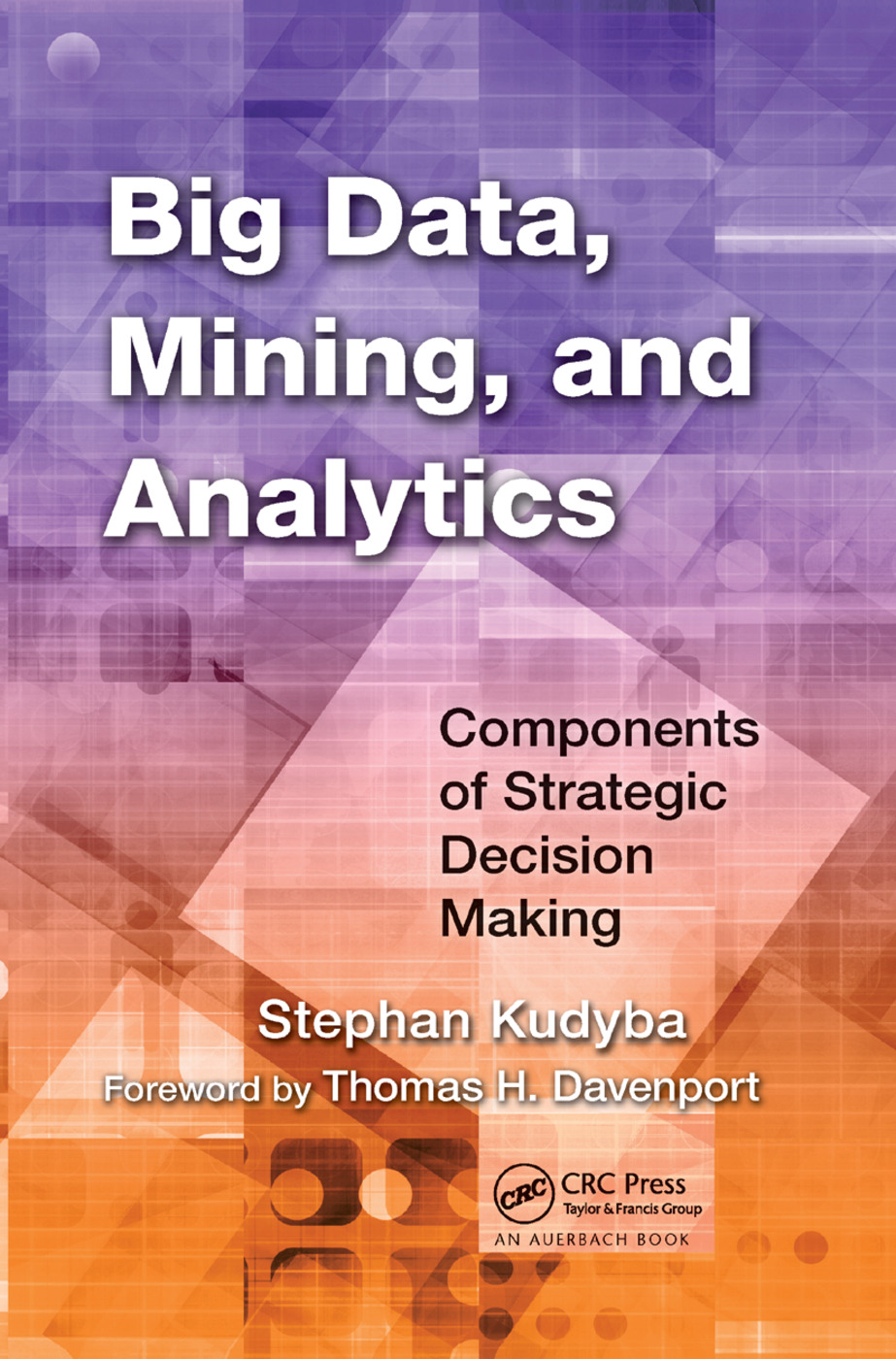基于临床数据分析的心脏病集成预测诊断系统
IF 6.2
1区 计算机科学
Q1 COMPUTER SCIENCE, ARTIFICIAL INTELLIGENCE
引用次数: 0
摘要
心脏病的正确诊断可以挽救生命,而不正确的诊断可能是致命的。UCI机器学习心脏病数据集比较了包括深度学习在内的各种机器学习方法的结果和分析。我们使用了一个具有13个主要特征的数据集来进行研究。支持向量机和逻辑回归算法用于处理数据集,后者在预测冠心病方面显示出最高的准确性。Python编程用于处理数据集。多项研究计划都使用机器学习来加快医疗保健领域的发展。我们在调查中还使用了传统的机器学习方法来揭示数据集中可用的众多特征之间的联系,然后有效地使用它们来预测心脏感染风险。使用准确度和混淆矩阵已经产生了一些有利的结果。为了获得最佳结果,数据集包含某些不必要的特征,这些特征使用隔离逻辑回归和支持向量机(SVM)分类进行处理。本文章由计算机程序翻译,如有差异,请以英文原文为准。
A Clinical Data Analysis Based Diagnostic Systems for Heart Disease Prediction Using Ensemble Method
The correct diagnosis of heart disease can save lives, while the incorrect diagnosis can be lethal. The UCI machine learning heart disease dataset compares the results and analyses of various machine learning approaches, including deep learning. We used a dataset with 13 primary characteristics to carry out the research. Support vector machine and logistic regression algorithms are used to process the datasets, and the latter displays the highest accuracy in predicting coronary disease. Python programming is used to process the datasets. Multiple research initiatives have used machine learning to speed up the healthcare sector. We also used conventional machine learning approaches in our investigation to uncover the links between the numerous features available in the dataset and then used them effectively in anticipation of heart infection risks. Using the accuracy and confusion matrix has resulted in some favorable outcomes. To get the best results, the dataset contains certain unnecessary features that are dealt with using isolation logistic regression and Support Vector Machine (SVM) classification.
求助全文
通过发布文献求助,成功后即可免费获取论文全文。
去求助
来源期刊

Big Data Mining and Analytics
Computer Science-Computer Science Applications
CiteScore
20.90
自引率
2.20%
发文量
84
期刊介绍:
Big Data Mining and Analytics, a publication by Tsinghua University Press, presents groundbreaking research in the field of big data research and its applications. This comprehensive book delves into the exploration and analysis of vast amounts of data from diverse sources to uncover hidden patterns, correlations, insights, and knowledge.
Featuring the latest developments, research issues, and solutions, this book offers valuable insights into the world of big data. It provides a deep understanding of data mining techniques, data analytics, and their practical applications.
Big Data Mining and Analytics has gained significant recognition and is indexed and abstracted in esteemed platforms such as ESCI, EI, Scopus, DBLP Computer Science, Google Scholar, INSPEC, CSCD, DOAJ, CNKI, and more.
With its wealth of information and its ability to transform the way we perceive and utilize data, this book is a must-read for researchers, professionals, and anyone interested in the field of big data analytics.
 求助内容:
求助内容: 应助结果提醒方式:
应助结果提醒方式:


